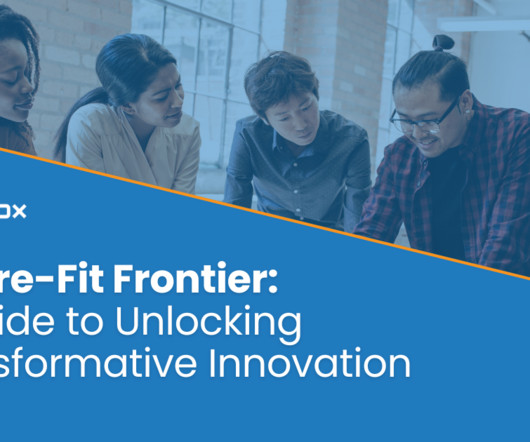Embracing the Future: Fractional Executives and Generative AI
Tullio Siragusa
APRIL 15, 2024
This model is particularly beneficial for startups and small to medium-sized enterprises (SMEs) that require strategic leadership but may not have the resources to support a full-time executive position. Generative AI refers to algorithms that can learn from data and generate original content, be it text, code, or strategic plans.

















Let's personalize your content